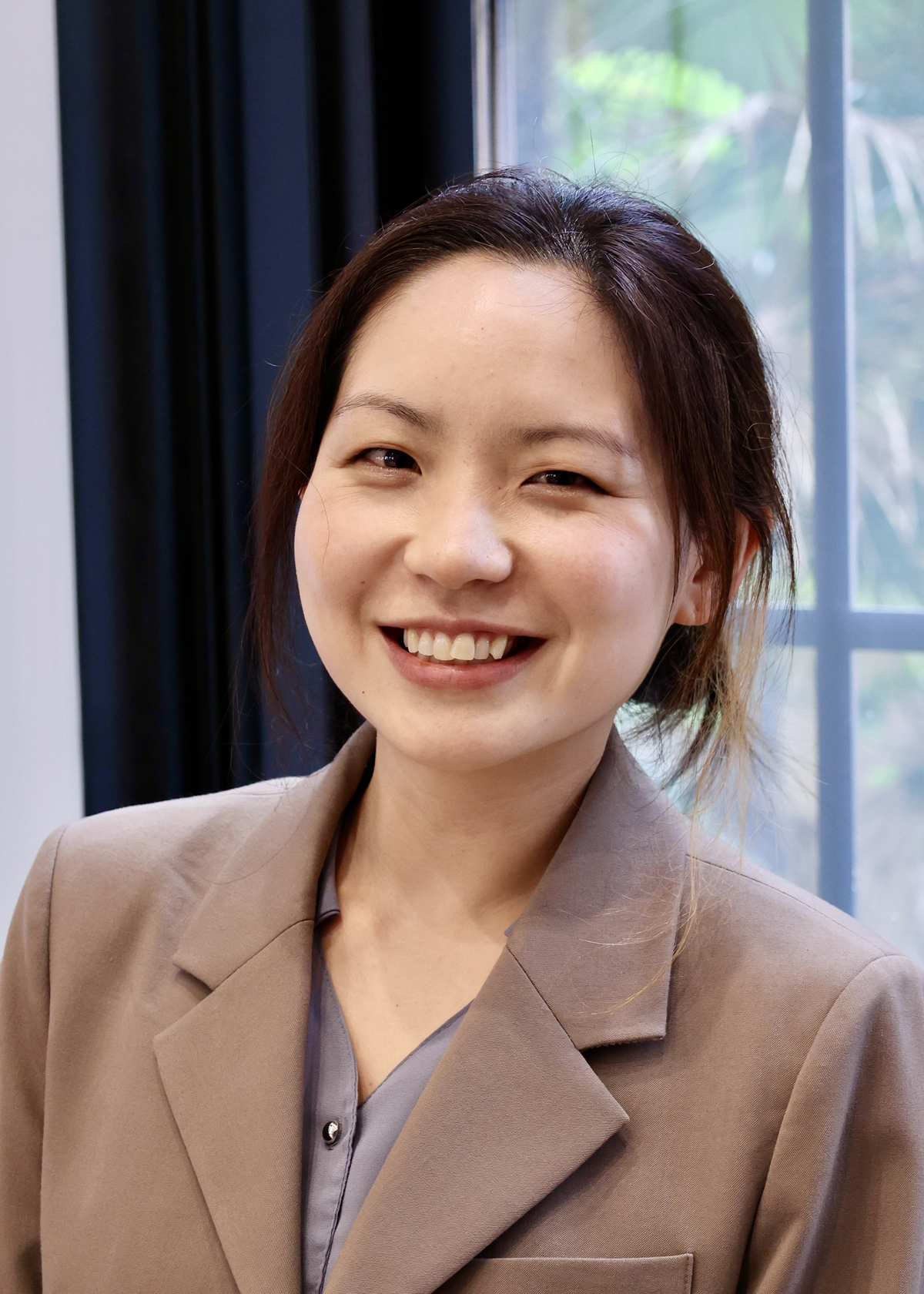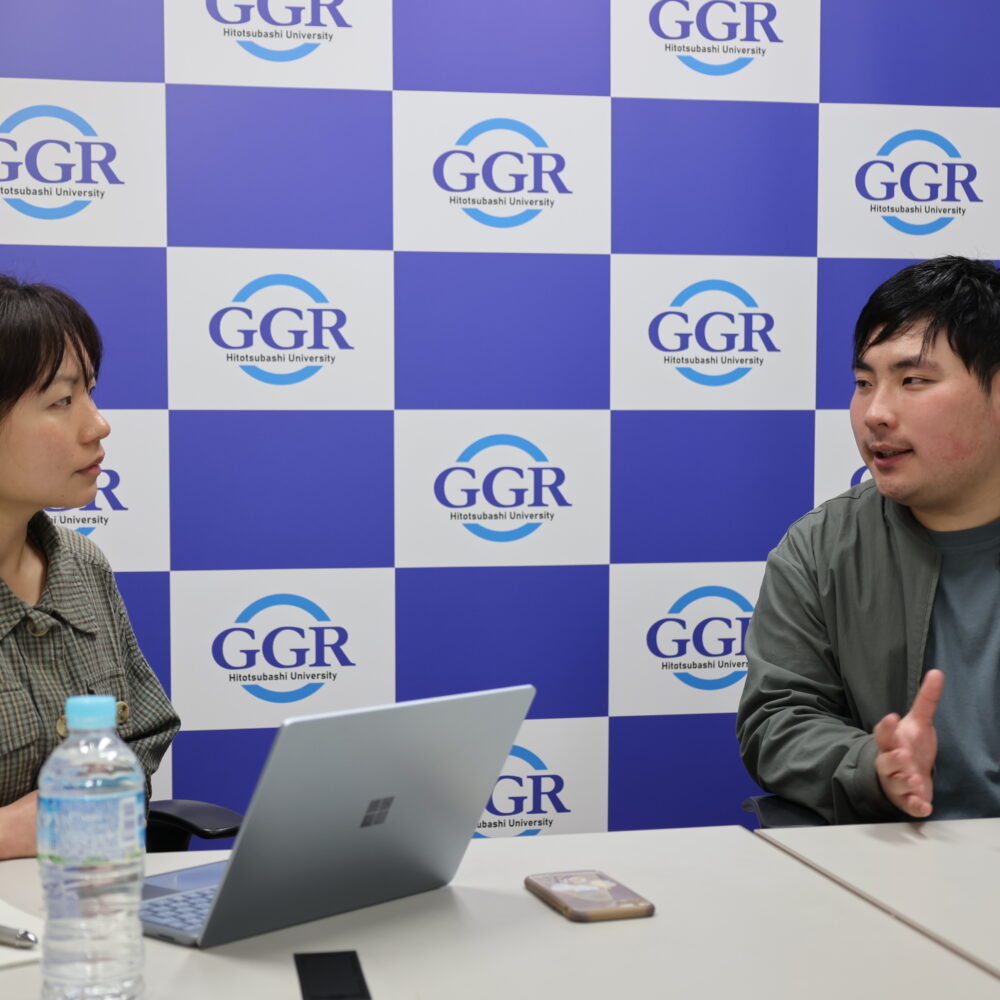Towards the Peace the Myanmar People Yearn For
Interviewer and Author: JEONG Minhee
(Doctoral student, Graduate School of Law, Hitotsubashi University)
May 15, 2025
**This paper was written based on an interview conducted on March 29, 2024.
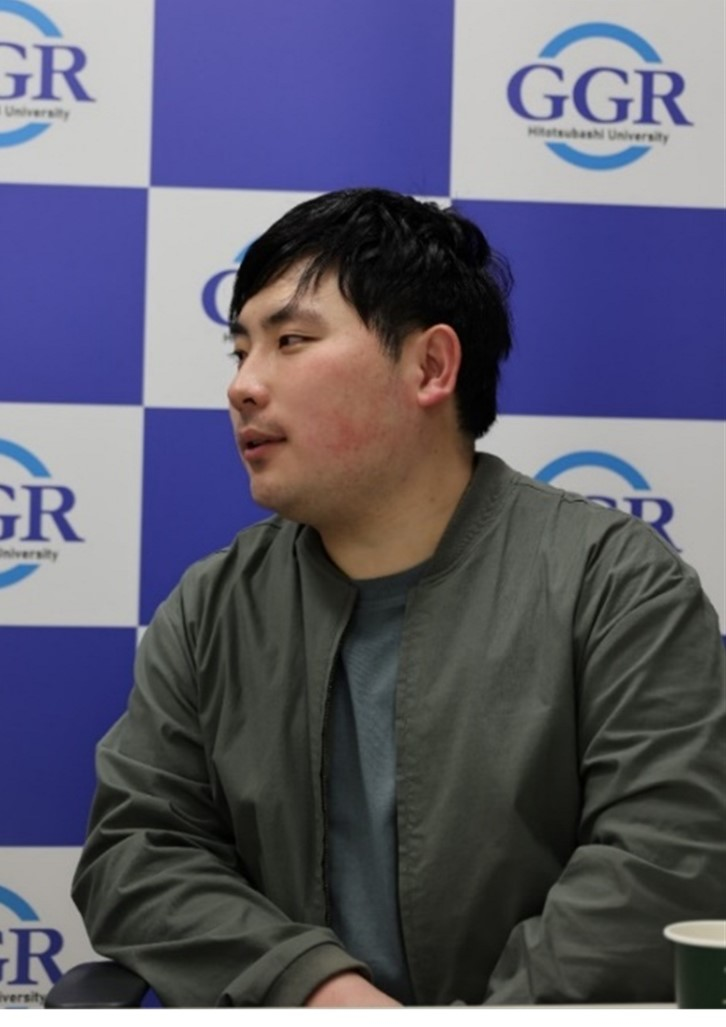 When Wataru Ishikawa entered Tokyo University of Foreign Studies, the genocide of Rohingya refugees was in the news every day. Mr. Ishikawa, who was doing area studies at the School of International and Area Studies, chose Myanmar language as his major among many other languages. He did not know much about Myanmar, but he wanted to help educate children and solve refugee issues.
When Wataru Ishikawa entered Tokyo University of Foreign Studies, the genocide of Rohingya refugees was in the news every day. Mr. Ishikawa, who was doing area studies at the School of International and Area Studies, chose Myanmar language as his major among many other languages. He did not know much about Myanmar, but he wanted to help educate children and solve refugee issues.
He had the opportunity to study Myanmar language, culture, and history at college. He participated in a short-term study abroad program at a national university in Myanmar during the summer vacation of his freshman year. He found the students and faculty in the Literature Department at the University of Yangon to be very welcoming. He developed a deep appreciation for Myanmar culture, particularly people’s readiness to help those in need without hesitation and to be tolerant of mistakes.
In 2021, a coup d’etat took place in Myanmar. The people of Myanmar acted for freedom and democracy, showing compassion for others, even if their lives and those of their families were in danger. Meeting these people had a profound impact on Mr. Ishikawa’s life.
I Wish They Didn’t Have to Fight
Mr. Ishikawa initiated a crowdfunding campaign in collaboration with a Myanmar couple residing in Japan. Following the military coup in Myanmar, they had been unable to receive communication from the local people. In August 2023, Mr. Ishikawa traveled to the border region of Thailand, bringing the financial aid they gathered. He distributed humanitarian aid, including food and medical supplies, to displaced individuals and provided care for injured children.
The hospital was a place of refuge for individuals who had fled the military bombardment, and those who got injured while fighting against the military in the jungle. A young boy, younger than Mr. Ishikawa, expressed his resolution to recuperate and return to the frontlines once his injuries were treated. This encounter made an unforgettable impression on Mr. Ishikawa. The boy, who remained in communication with Mr. Ishikawa for an extended period, eventually departed to engage in combat.
This period led Mr. Ishikawa to contemplate the essence of peace.
“I don’t want the people I’ve met and made friends with to go off to fight. But they feel they must defend Myanmar. Some people say they have no choice but to take up arms for defense. In such a situation, it makes me think a lot about what I can do in the future,” Mr. Ishikawa said.
He realized that the current situation was unsustainable in the absence of food, and considered assistance with food and shelter to be a priority. He continues to provide cross-border assistance, converting aid collected in Japan into Thai baht, procuring relief supplies at the border, and delivering them to local Myanmar people.
I Want People to Know
Mr. Ishikawa takes to the streets to raise funds for Myanmar and observe the public’s response to the ongoing crisis in the country. “If you just want to collect money, you can do it online. When you do street fundraising, you can show people you’re trustworthy, and you can also give the people of Myanmar a direct voice.”
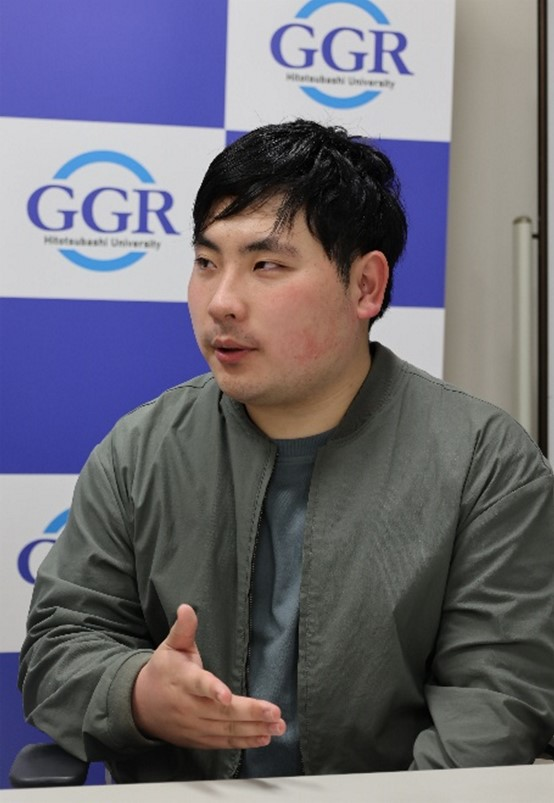 Mr. Ishikawa has discovered that people become willing to provide support for Myanmar once they are informed about the situation. He successfully raises approximately 100,000 yen in assistance each time he engages in a street campaign. Furthermore, Mr. Ishikawa has noted that when the media and influencers engage with the issue of Myanmar, support tends to increase significantly. This suggests that the general public is not indifferent to the situation in Myanmar.
Mr. Ishikawa has discovered that people become willing to provide support for Myanmar once they are informed about the situation. He successfully raises approximately 100,000 yen in assistance each time he engages in a street campaign. Furthermore, Mr. Ishikawa has noted that when the media and influencers engage with the issue of Myanmar, support tends to increase significantly. This suggests that the general public is not indifferent to the situation in Myanmar.
Mr. Ishikawa and his colleagues organize visiting lectures for students from elementary, junior high, high school, and university. During these lectures, Mr. Ishikawa engages elementary school students in a game called “Yangon Karuta.” This activity serves as a medium for introducing students to Myanmar, exploring its culture, daily life, and history. In Urayasu City, public elementary schools have adopted “Yangon Karuta” with the support of the Urayasu City Board of Education. Following this introduction to Myanmar culture via the game, Mr. Ishikawa discusses current events in Myanmar, fostering a sense of ownership and seriousness among the students regarding the Myanmar issue. During his visits to junior high and high schools, students who aspire to work for international organizations occasionally ask questions following his lectures. Students sometimes attend the fundraisers and organize their own activities.
Whether as an Activist or a Researcher, I Stand with the People of Myanmar
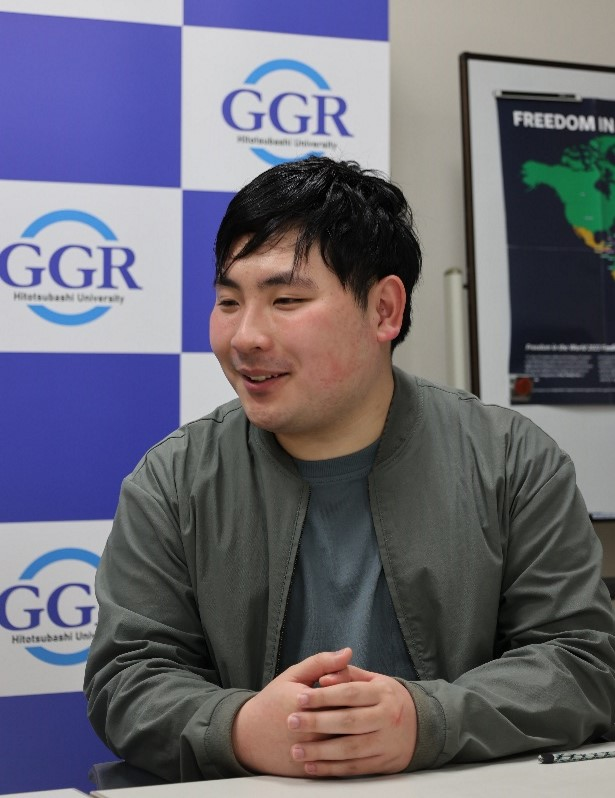 Mr. Ishikawa’s mission is to share the voices and thoughts of the people of Myanmar that are not easily heard. He aspires to disseminate the knowledge he has acquired through his assistance in the Thai Myanmar border region and fieldwork in an academic setting. Furthermore, he is keen to provide a voice to the people of Myanmar from a professional standpoint.
Mr. Ishikawa’s mission is to share the voices and thoughts of the people of Myanmar that are not easily heard. He aspires to disseminate the knowledge he has acquired through his assistance in the Thai Myanmar border region and fieldwork in an academic setting. Furthermore, he is keen to provide a voice to the people of Myanmar from a professional standpoint.
“I want to help the Myanmar people achieve peace according to their own wishes. I don’t think we are in a relationship where we are helping them from above. I am learning a lot from the people of Myanmar, who are determined not to leave an unfavorable legacy for future generations.”
【Translated by】
Akihito Kishi (Undergraduate student, Faculty of Law, Hitotsubashi University)
Wataru ISHIKAWA is a doctoral student at the Graduate School of Intercultural Communication, Rikkyo University. He has been doing fieldwork and support activities while conducting research on the democratization movement and community building among Myanmar people in Japan. His support and advocacy activities include: Japan Representative in the Japan Myanmar Future Creative Association, the Chit Chit Khin Khin Foundation, Yangon Karuta, Border Angeles.

